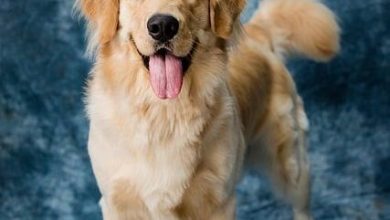How to Train Your Dog to Stop Jumping on People Permanently
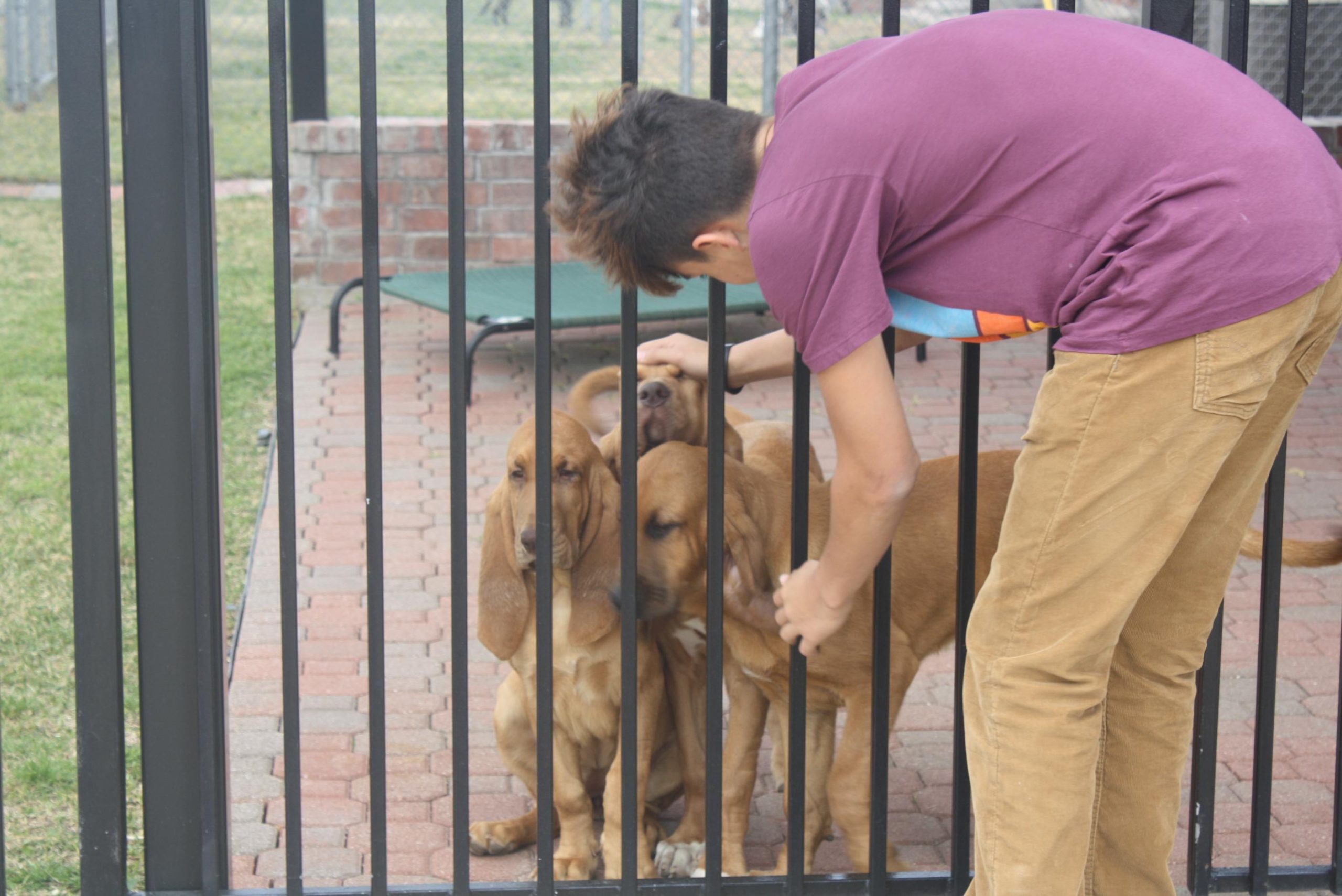
Jumping is a common and natural behavior for dogs, often used as a means of greeting or seeking attention. However, while your canine companion’s enthusiasm might be endearing, it can quickly become problematic, especially for guests or small children. In this article, we will explore effective strategies to train your dog to stop jumping on people permanently. By understanding the underlying reasons for this behavior and employing consistent training techniques, you can guide your dog towards more appropriate ways of interaction. Whether you are a seasoned dog owner or new to the world of pet parenting, these practical tips will help you cultivate a more harmonious relationship with your furry friend.
Understanding the Root Causes of Jumping Behavior
To effectively address the behavior of your dog leaping onto people, it’s crucial to delve into the underlying motivations that drive such actions. Dogs often jump as a means of seeking attention or expressing excitement. They might be trying to get closer to your face, which is their way of saying hello, or they might simply be bursting with energy that they need to release. Understanding these motivations can help you tailor your training approach to be more effective.
- Attention-Seeking: Dogs quickly learn that jumping often results in immediate attention, whether it’s positive or negative. They may not distinguish between a friendly pat or a stern reprimand, as both fulfill their desire for interaction.
- Excitement: Many dogs find it difficult to contain their exuberance when they meet someone new or reunite with a familiar face. Jumping becomes an outlet for this overwhelming excitement.
- Lack of Training: In some cases, dogs simply haven’t been taught an alternative behavior. Without clear guidance, they resort to jumping as a default action.
By identifying the specific reasons behind your dog’s jumping behavior, you can implement targeted strategies that address these root causes, leading to more permanent and effective solutions.
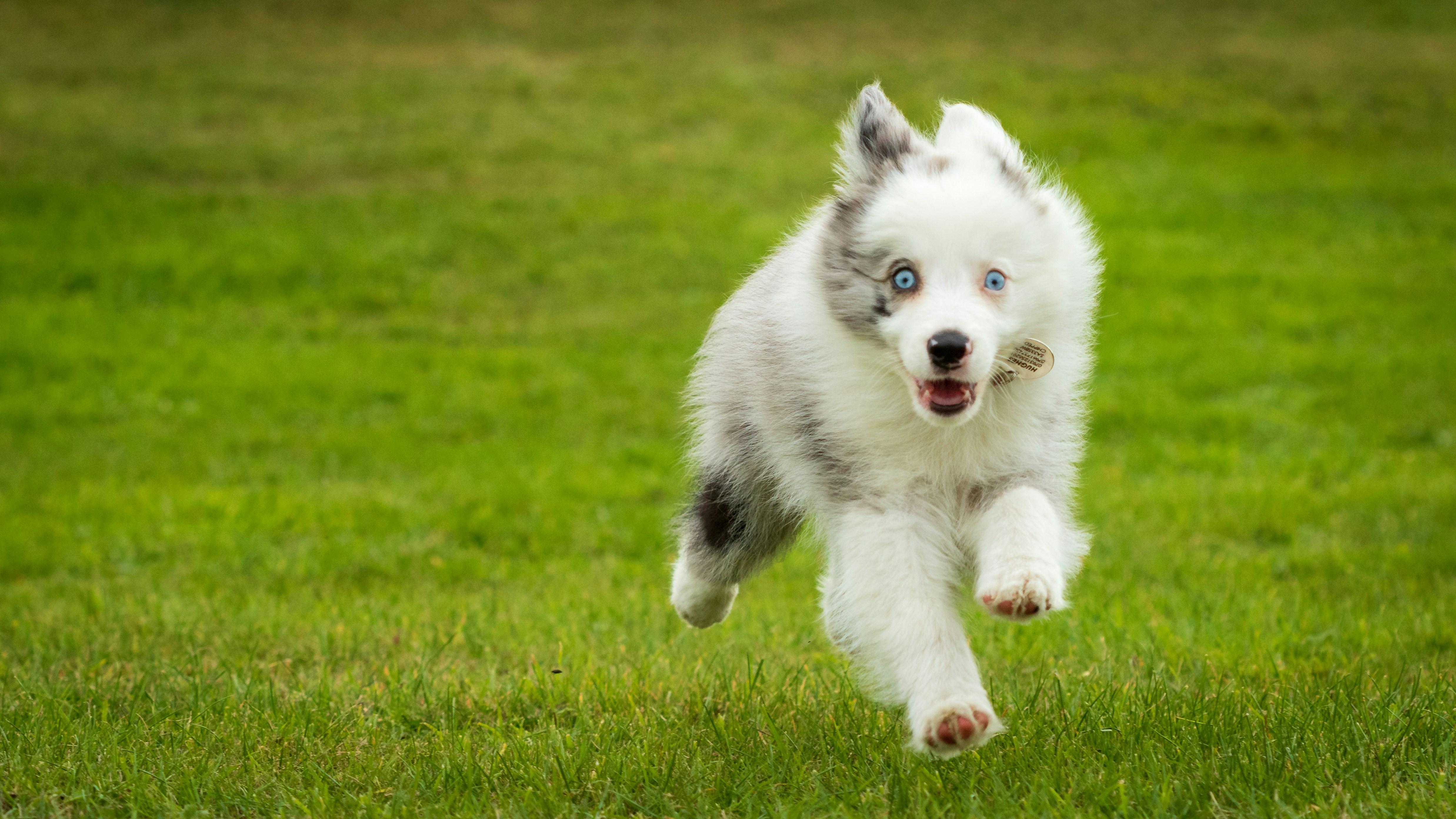
Effective Training Techniques for Discouraging Jumping
When your dog jumps on guests, it’s often an expression of excitement or a bid for attention. However, it can be unsettling for visitors and may inadvertently cause harm. To address this, it’s crucial to employ consistent and positive training techniques. Start by teaching your dog the “sit” command as an alternative behavior. When your dog is prone to jumping, instruct them to sit instead and reward them with a treat or praise when they comply. This redirection helps them understand that sitting is more rewarding than jumping.
Incorporate these strategies into your training routine:
- Ignore Jumping: Turn away and avoid eye contact when your dog jumps. This withdrawal of attention signals that jumping is not the way to gain your affection.
- Reward Calmness: Offer treats and praise when your dog approaches calmly and keeps all four paws on the ground.
- Consistency: Ensure that everyone interacting with your dog follows the same guidelines. Mixed messages can confuse your pet and prolong the training process.
- Use a Leash: During the initial phases of training, keeping your dog on a leash can help you maintain control and prevent jumping.
By maintaining a calm demeanor and rewarding desired behaviors, you create a structured environment where your dog learns to greet people politely.
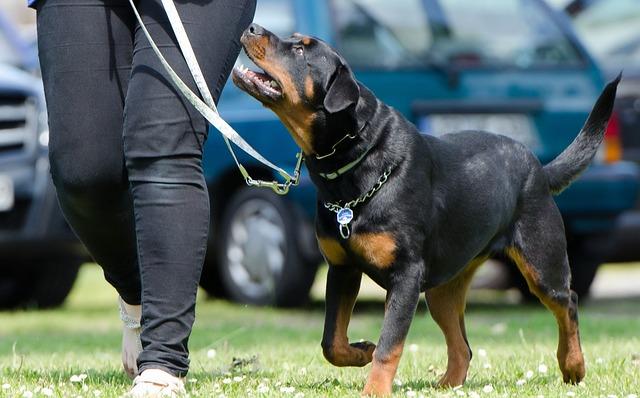
Consistency and Patience in Reinforcing Positive Behavior
When it comes to modifying your dog’s behavior, consistency and patience are your most reliable allies. Reinforcing positive behavior requires a steady approach where commands and rewards are delivered consistently. This means that every time your dog refrains from jumping on someone, you should immediately acknowledge this behavior with a reward. Whether it’s a treat, verbal praise, or a favorite toy, make sure your response is immediate and consistent across different scenarios.
Here are some strategies to consider:
- Maintain a calm demeanor: Dogs are perceptive to your energy. If you’re consistent in your calmness, they’ll learn to mirror that behavior.
- Use clear commands: Stick to simple commands like “sit” or “off” and ensure everyone interacting with your dog uses the same words.
- Be patient with setbacks: Behavior change takes time. If your dog regresses, revisit training basics without frustration.
Remember, reinforcing positive behavior isn’t just about stopping the jumping; it’s about fostering a respectful relationship between you and your dog.
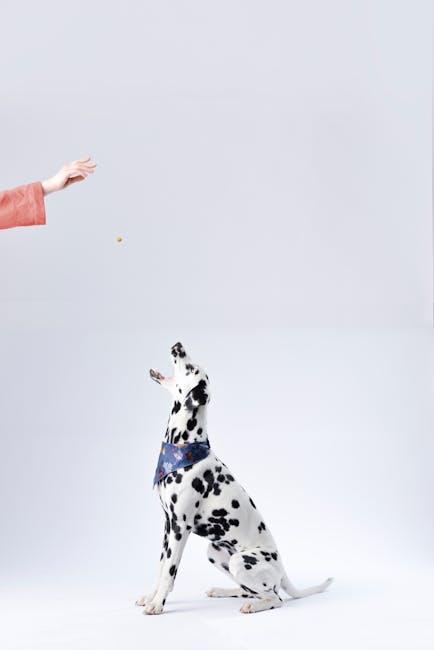
Using Positive Reinforcement to Encourage Calm Greetings
One of the most effective strategies for curbing your dog’s enthusiasm during greetings is through positive reinforcement. This method not only helps in discouraging unwanted jumping behavior but also encourages a calm and friendly demeanor. Begin by rewarding your dog with treats or praise whenever they greet someone without jumping. Consistency is key; ensure that every time your dog exhibits the desired behavior, they are acknowledged and rewarded immediately. Over time, your furry friend will associate calm greetings with positive outcomes, making it more likely for them to repeat the behavior.
- Start with short sessions: Keep training sessions brief but frequent, ensuring your dog stays engaged without becoming overwhelmed.
- Use high-value rewards: Choose treats or toys that your dog loves, as these will serve as powerful motivators.
- Involve family and friends: Have different people participate in the training to reinforce the behavior in various social contexts.
- Stay patient and consistent: Training takes time, so remain patient and consistent in your approach to see lasting results.
By focusing on rewarding calm behavior, you’ll foster a more controlled and pleasant interaction between your dog and your guests, creating a harmonious environment for everyone involved.



